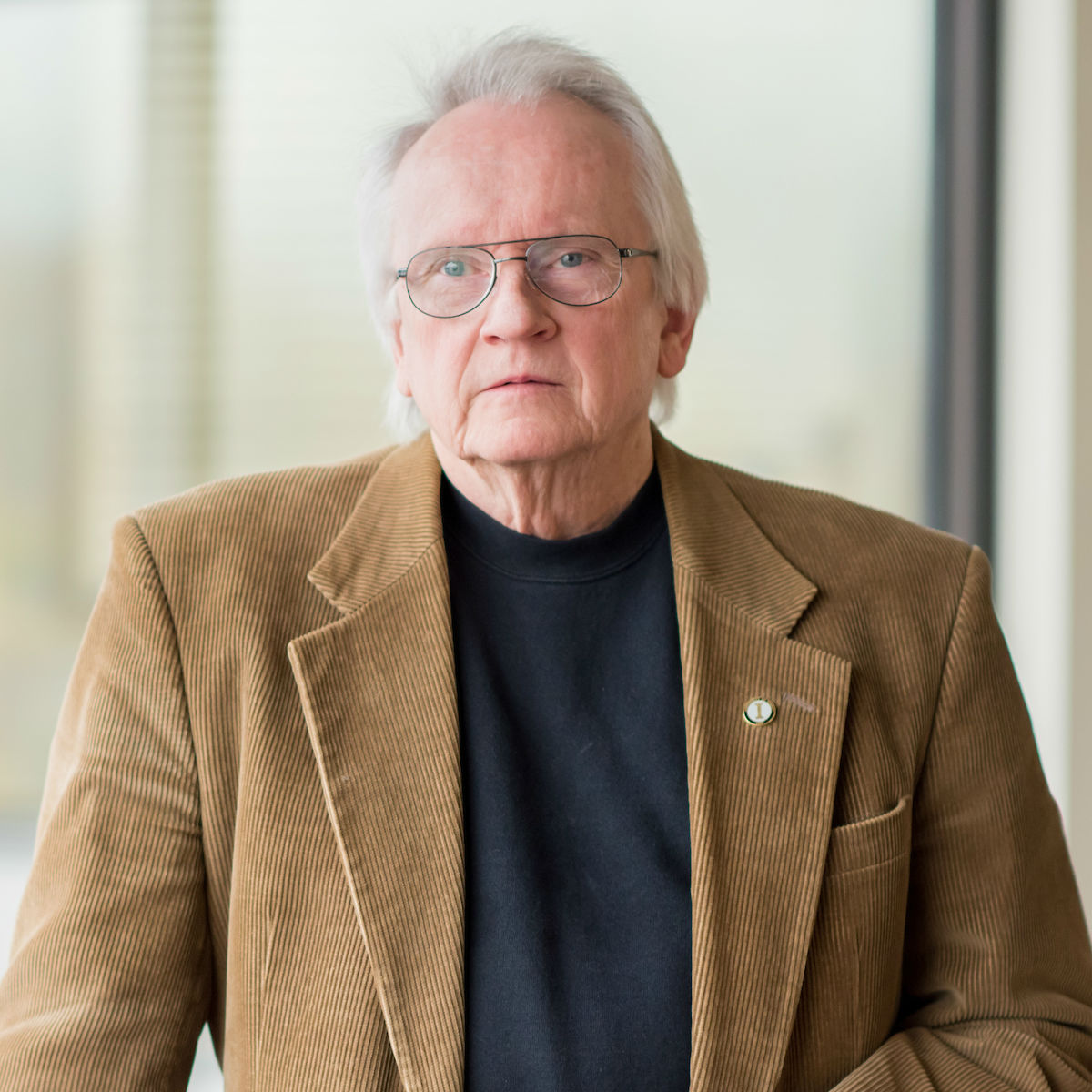Richard Reardon
Professor
University of Idaho Coeur d'Alene; Harbor Center Building; 117A
Department of Psychology & Communication
University of Idaho
1031 N Academic Way
Coeur d'Alene, Idaho 83814
Richard Reardon is located at our Coeur d'Alene Center. He teaches Introductory Psychology as well as courses in Workplace Relations, Systems and Performance, and Organizational Research Methods. He Is Director of the Organizational Sciences Program. His research areas include deception, organizational systems and design, and social cognition.
- Ph.D., Social Psychology (Complex Processes co-major), University of Georgia, 1981
- M.S., Experimental Psychology, University of Georgia, 1978
- A.B., Psychology and Anthropology, University of North Carolina at Chapel Hill, 1973
Courses
- ORGS 444: Methods and Analysis in Organizational Sciences
- ORGS/PSYC 450/550: Systems and Projects
- PSYC 101: Introductory Psychology
- ORGS/PSYC 441/541: Human Relations in the Workplace
Richard Reardon graduated from the University of North Carolina at Chapel Hill with majors in both Anthropology and Psychology. He completed master’s and doctoral degrees in Social Psychology and Complex Processes at the University of Georgia, Athens. He worked at the University of Oklahoma, Norman for 18 years before accepting an appointment as Professor and Chair of the Psychology and Communication Department at the University of Idaho in 1998. In 2007, Reardon was appointed Associate Dean for Outreach in Northern Idaho for the College of Letters, Arts, and Social Sciences and served as Interim Associate Vice President and North Idaho Center CEO in 2010-2011. In 2017, he returned to the regular faculty. In addition to graduate and undergraduate courses in his area of specialization, Reardon has been teaching Introductory Psychology for over three decades: In large 400-600 person lecture halls, in small Honors classes of 20-30, and online (since 2002). His published research has included articles in social/organizational behavior and social cognition, deception, memory generation effects and source monitoring, and persuasion.
- Social cognition
- Memory generation effects and source monitoring
- Deception
- Organizational systems and feedback
- Math resistance
- Reardon, R., Folwell, A., Keehr, J. & Kauer, T. (2018). Effects of deception on the deceiver. In T. Docan-Morgan (Ed.), Palgrave handbook of deceptive communication. Basingstoke, UK: Palgrave-MacMillan.
- Reardon, R. (2013). When are we most disappointed by our leaders? Proceedings of the Annual Meeting of the National Technology and Social Science Conference, 50, 139-151.
- Reardon, R. & Hill, S. J. (2001). A psychology of mass communication. Applied Cognitive Psychology, 15, 697-698.
- Doyle, S. & Reardon, R. (1998). Implicit achievement motives, self-attributed achievement motives, and test anxiety among college students. Contemporary Social Psychology, 18, 10-15.
- Cataldi, A. & Reardon, R. (1996). Gender, interpersonal orientation, and manipulation tactic use in close relationships. Sex Roles, 35, 205-218.
- Reardon, R. & Moore, D. J. (1996). The greater memorability of self-generated versus externally-presented product information. Psychology & Marketing, 13, 305-320.
- Reardon, R. & Doyle, S. (1995). The self-concept and reality judgments: Memory, memory monitoring, and internal-external correspondence. Social Cognition, 13, 1-24.
- Gamification of Energy Use Feedback (with J. Beeston, J. Keehr, K. Probert, and others)
- Video Speed-Watching Effects on Content Memory (with J. Keehr)
- Isomorphic Games to Reduce Math Resistance (with J. Beeston and J. Keehr)
- How We Judge the Reality of Events
In addition to many smaller project awards (less that $10,000), I have had major awards ($100,000-$400,000) for Curriculum Development (with S. Meier and T. Thorsteinson), Disabilities Evaluation (with statewide partners), Vaping Awareness (with S. Meier), and Gamification (with J. Beeston).







